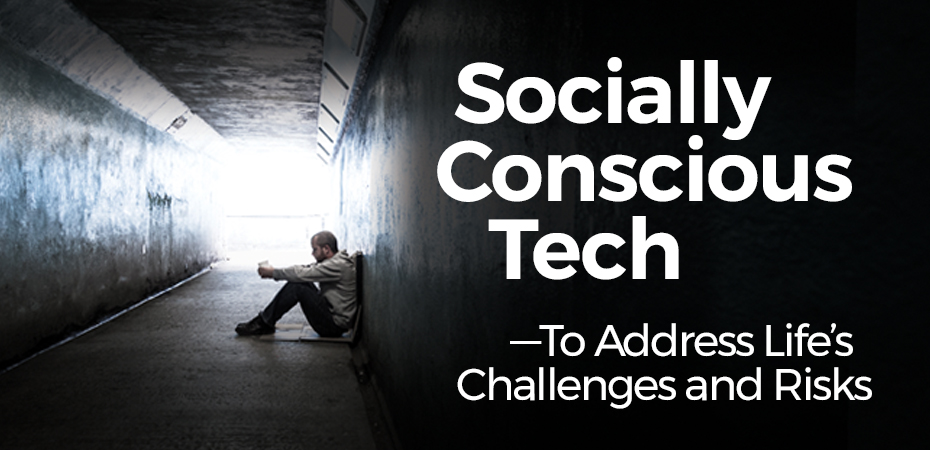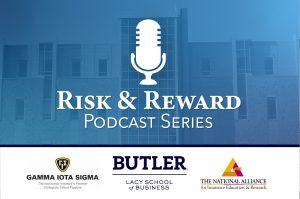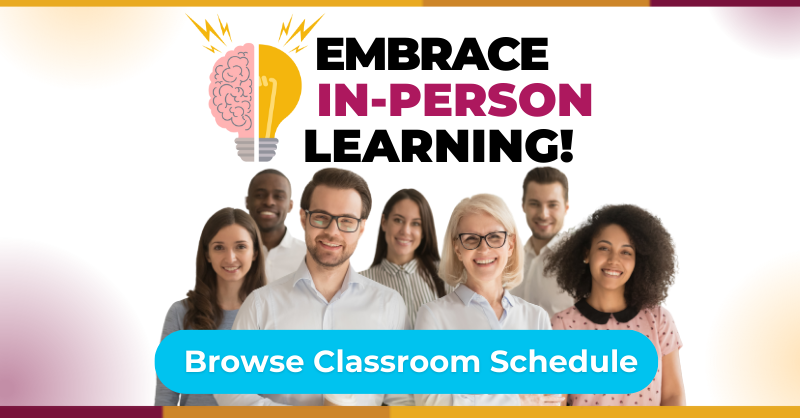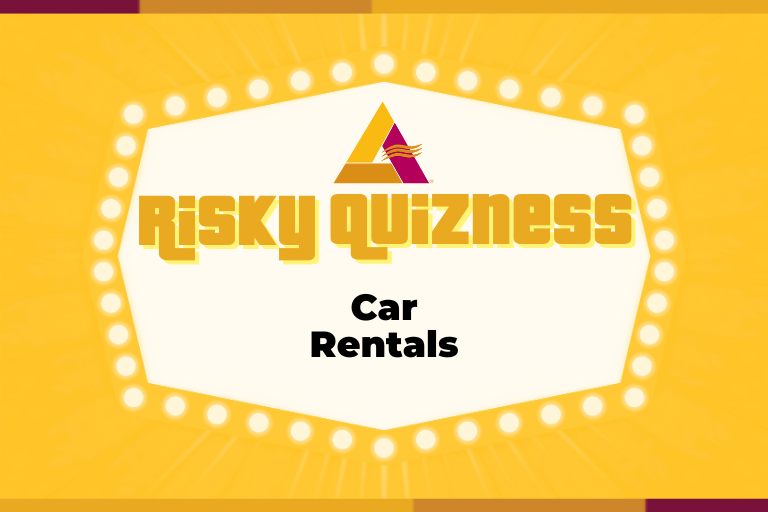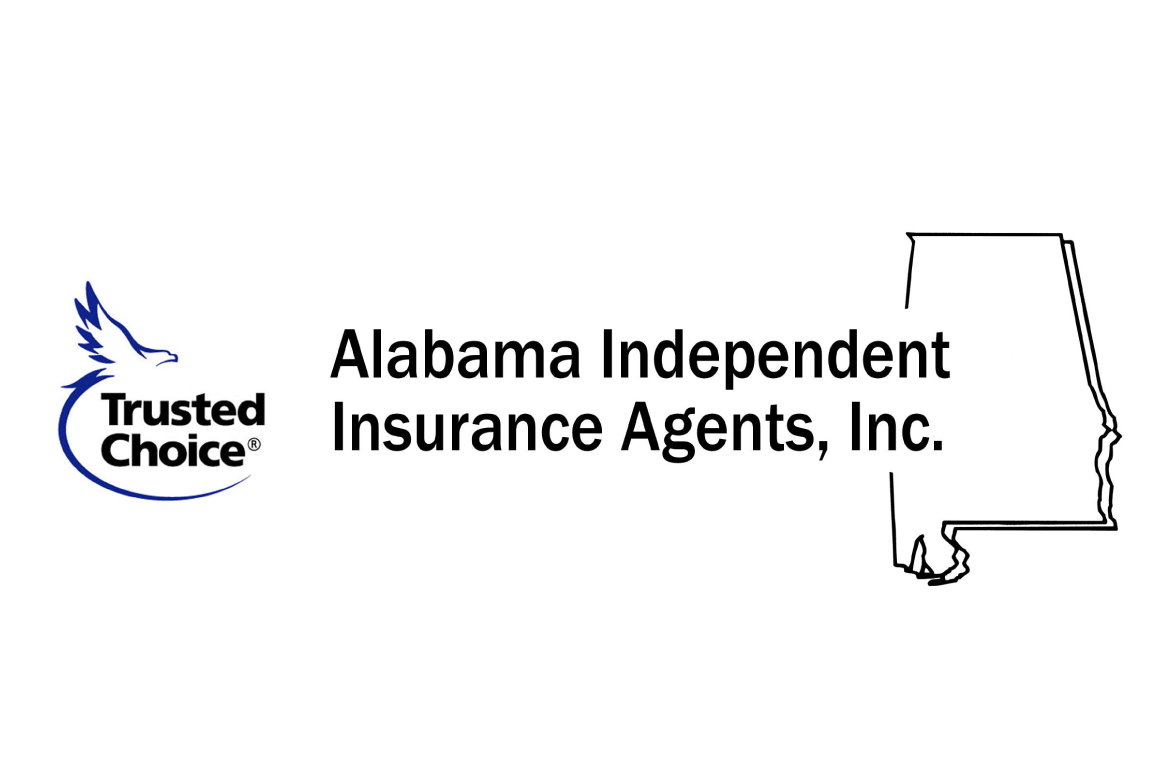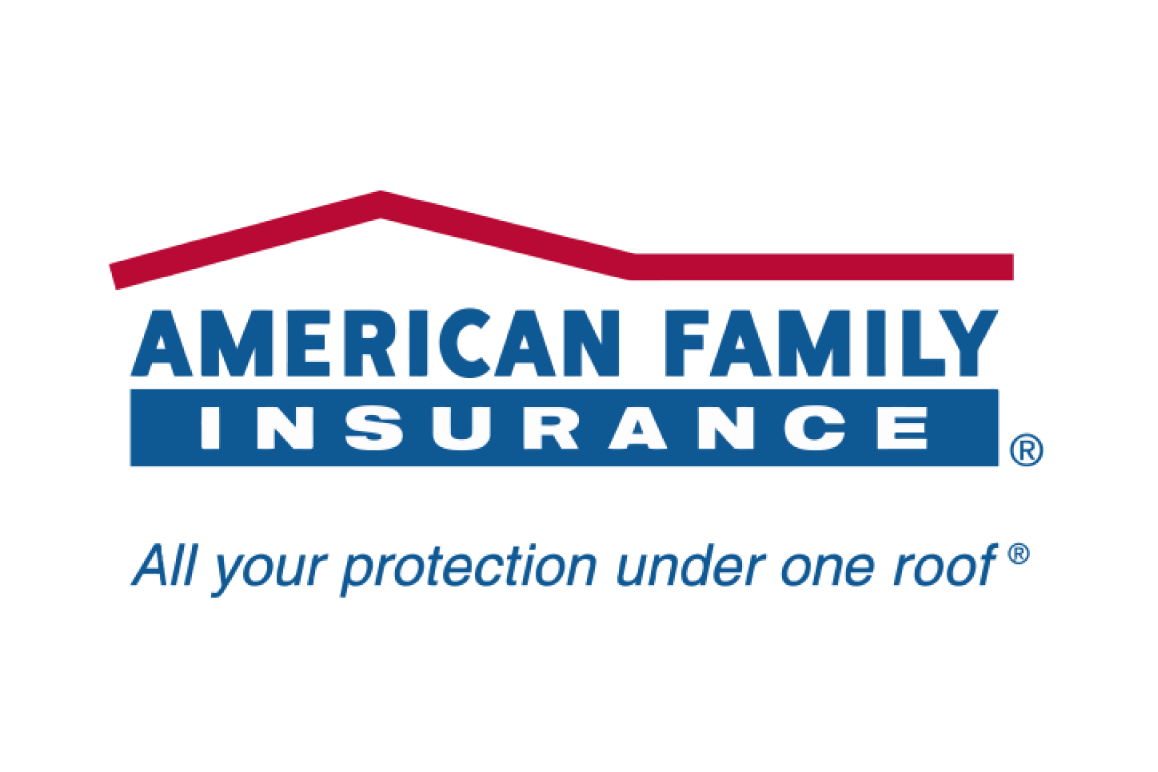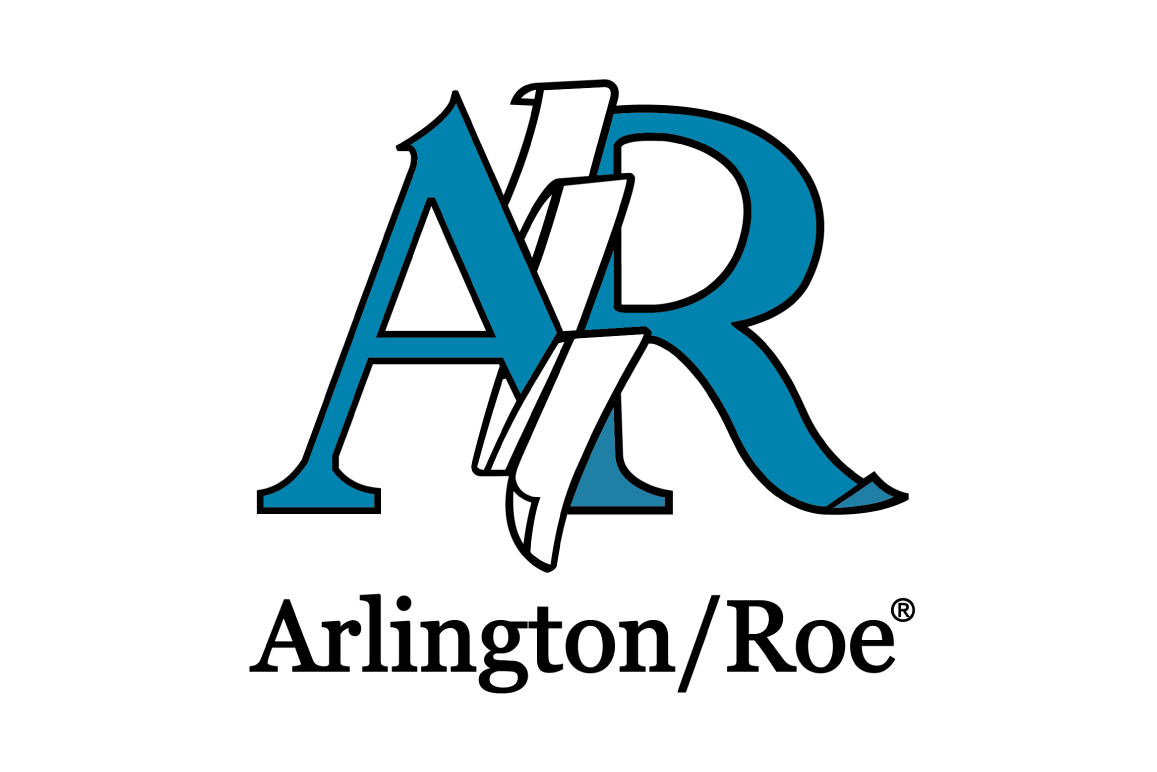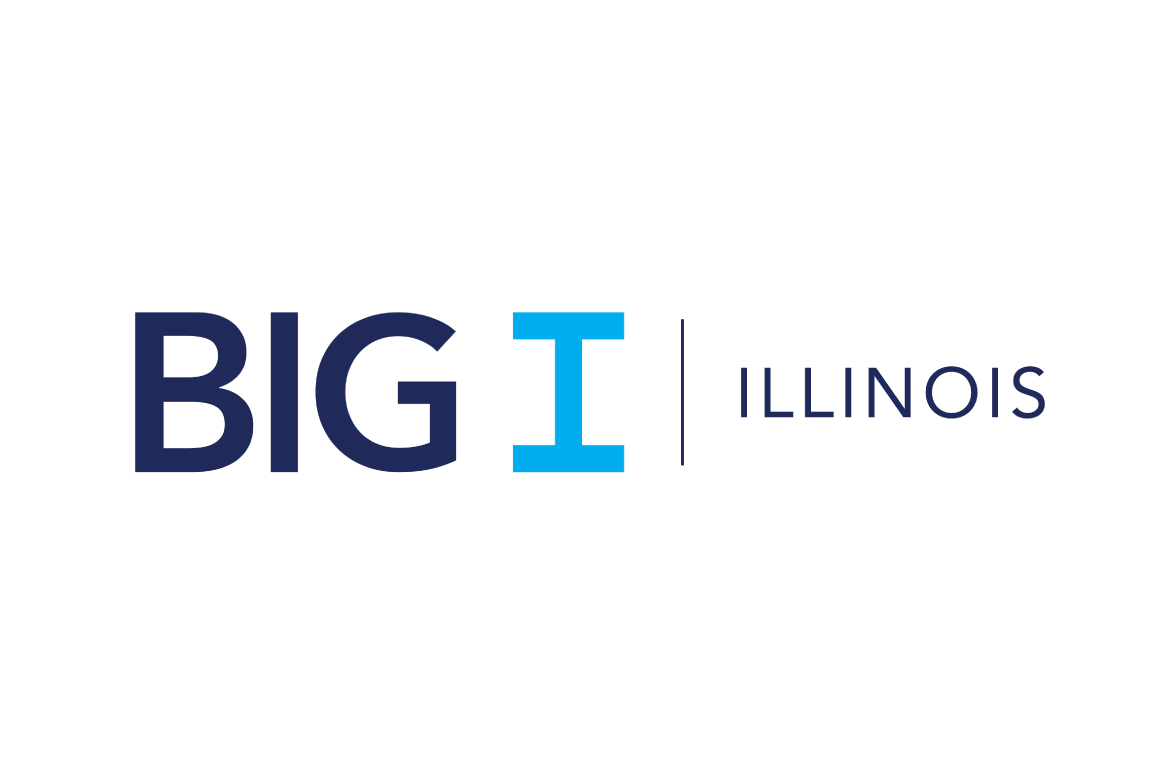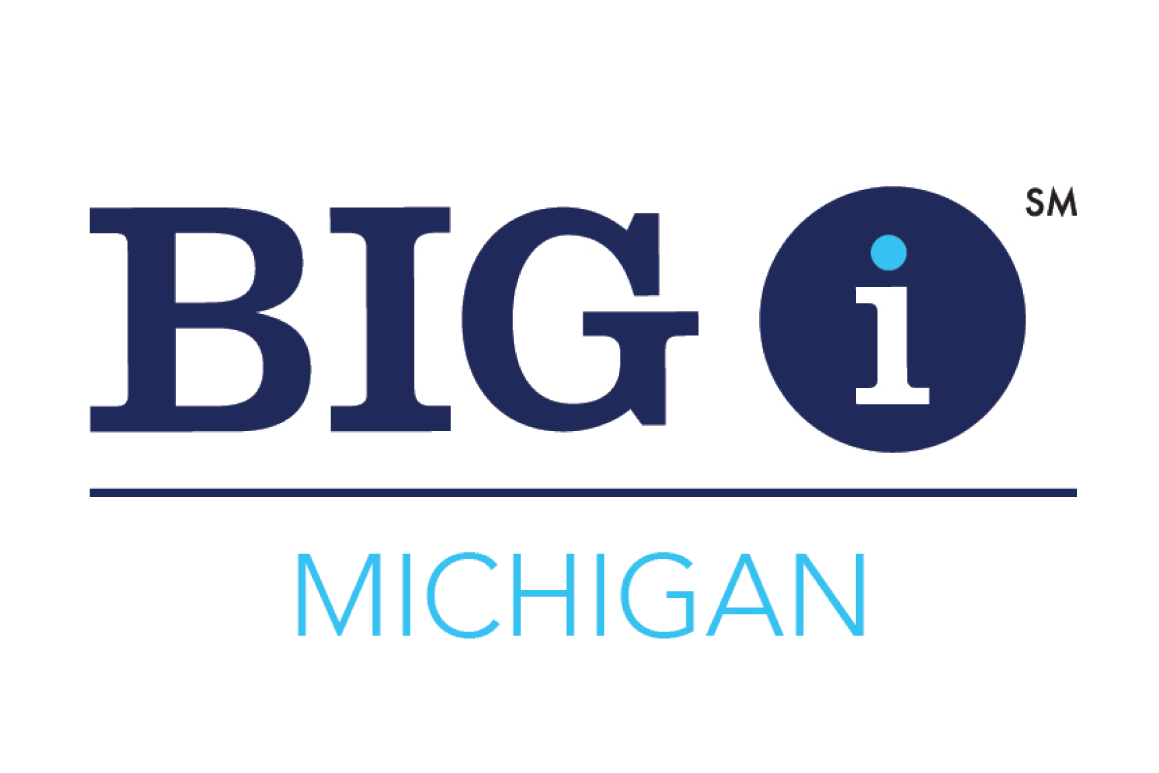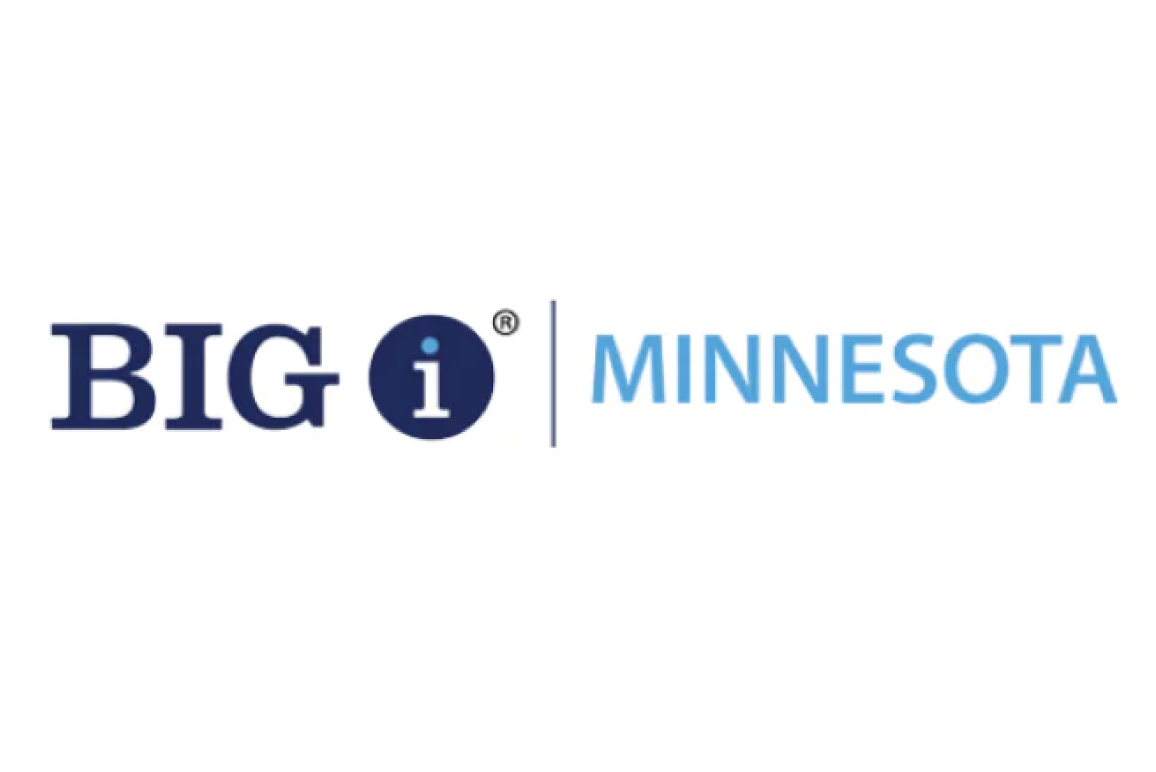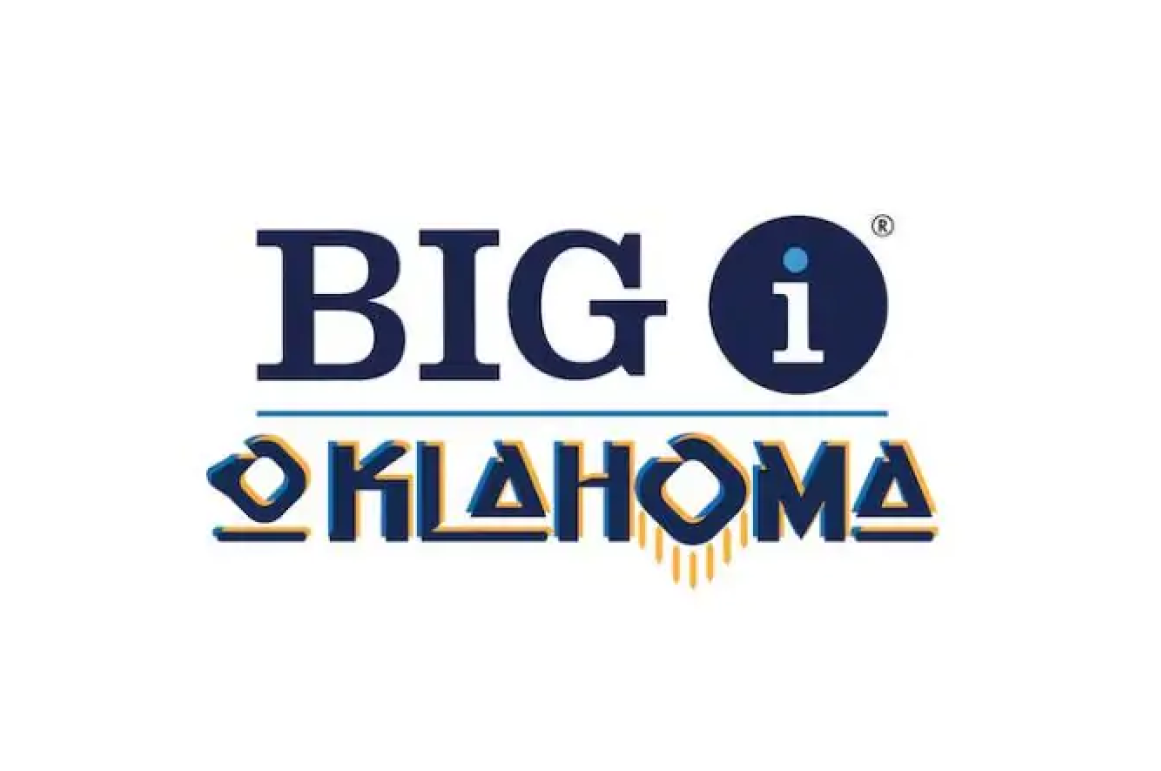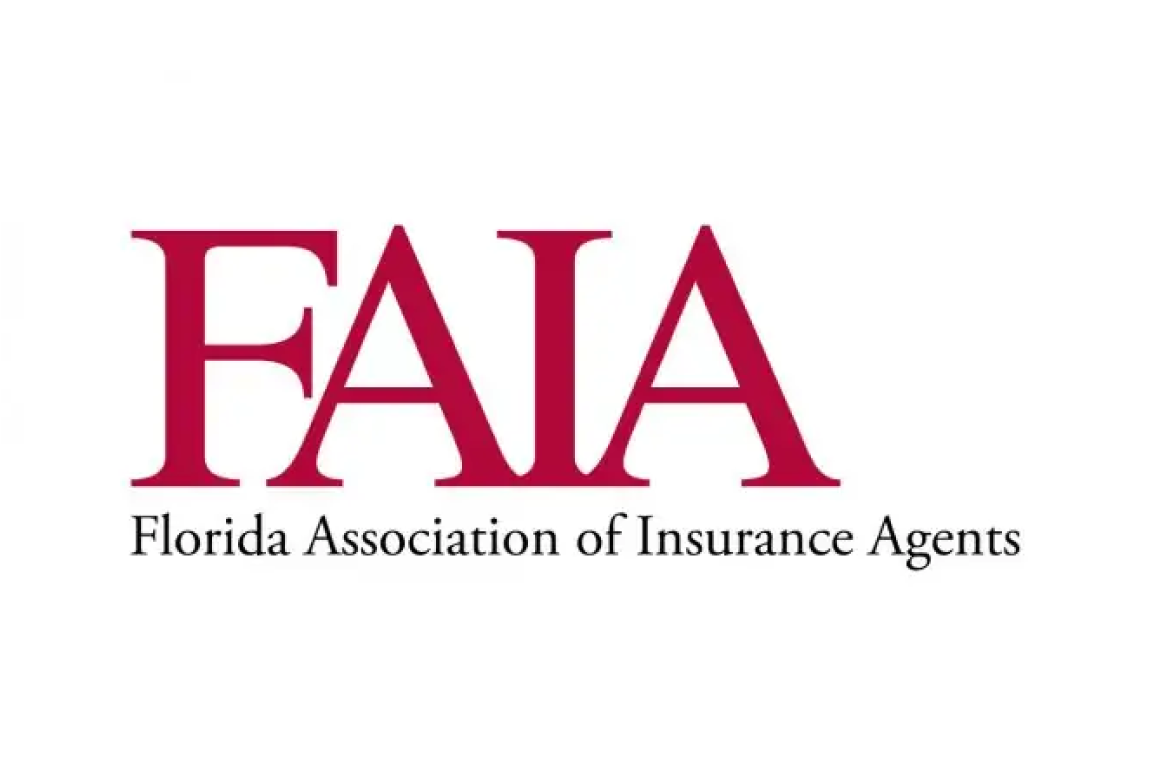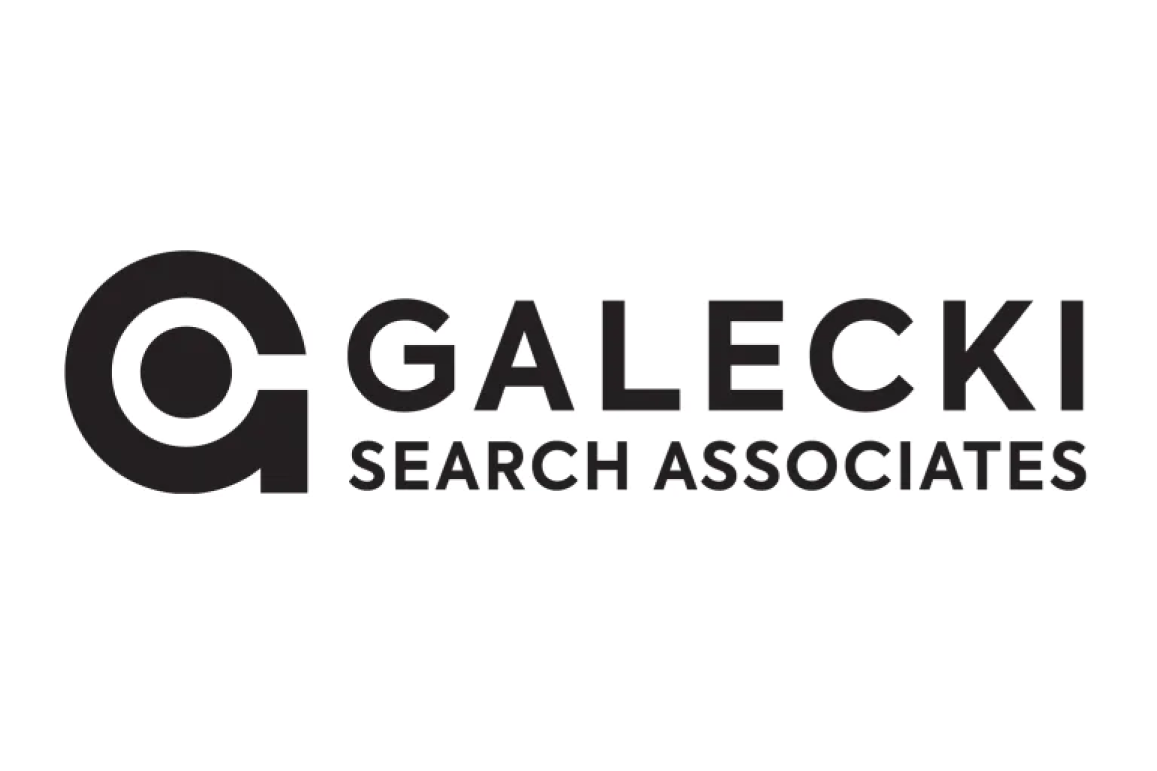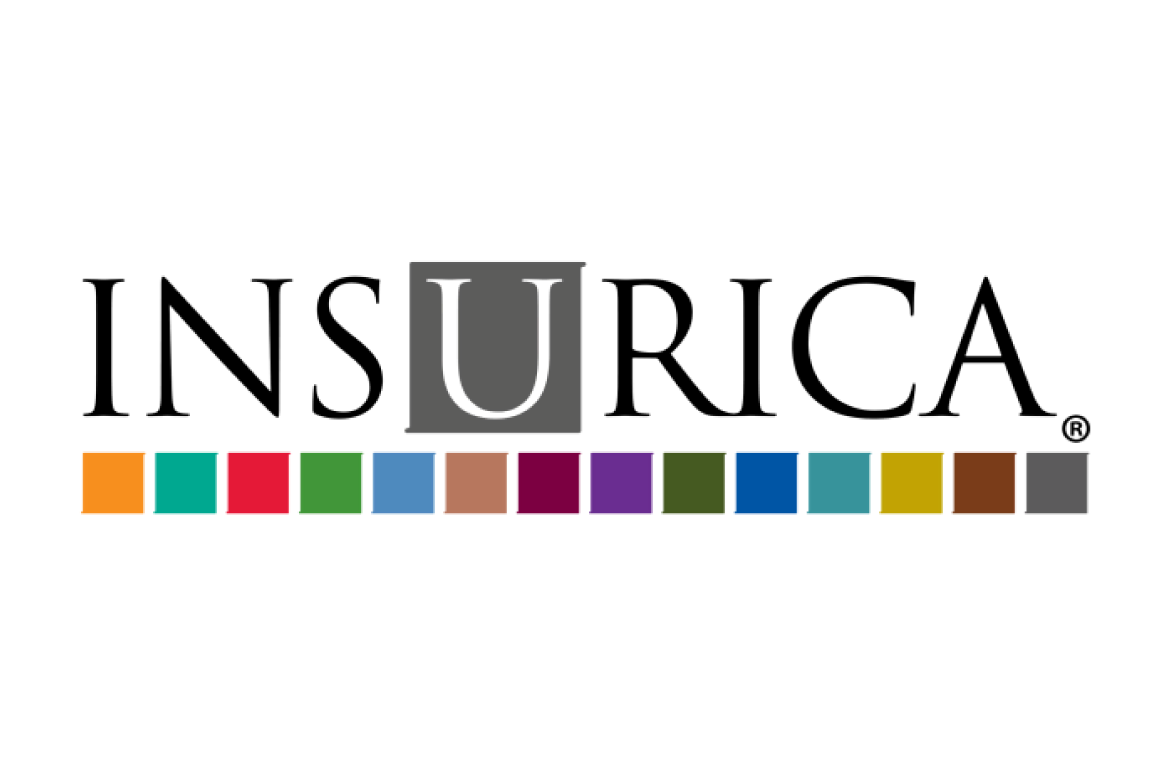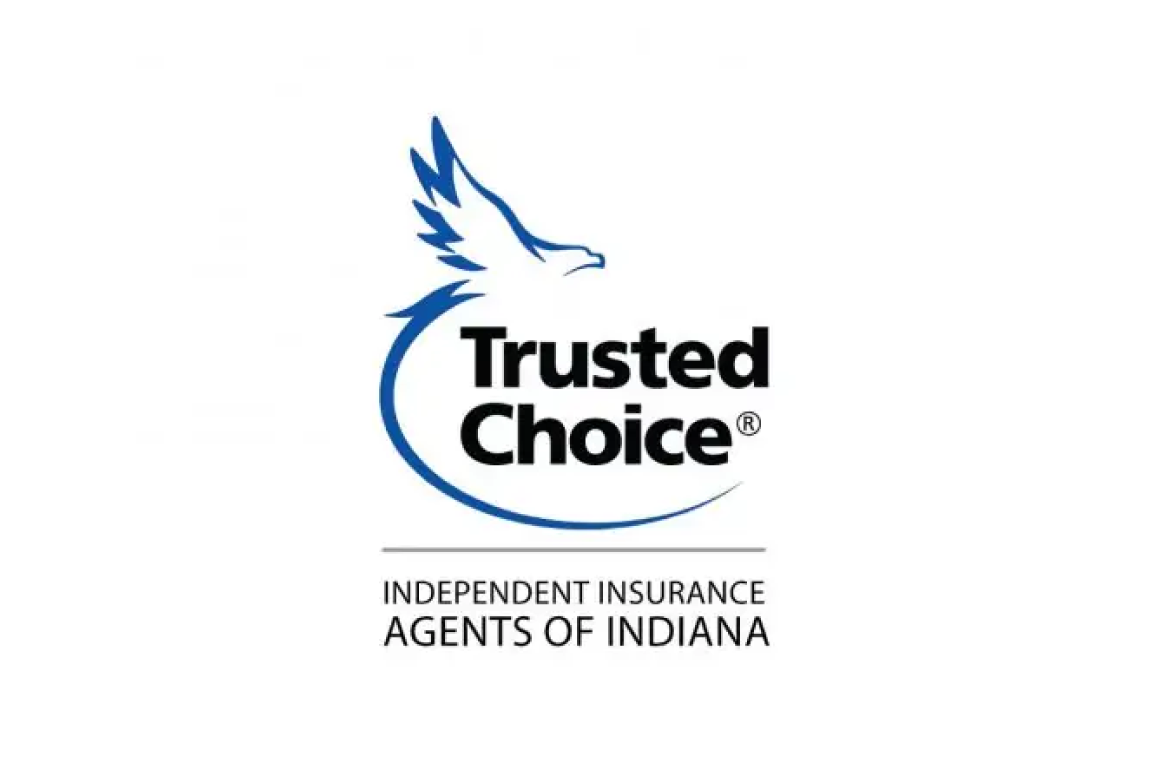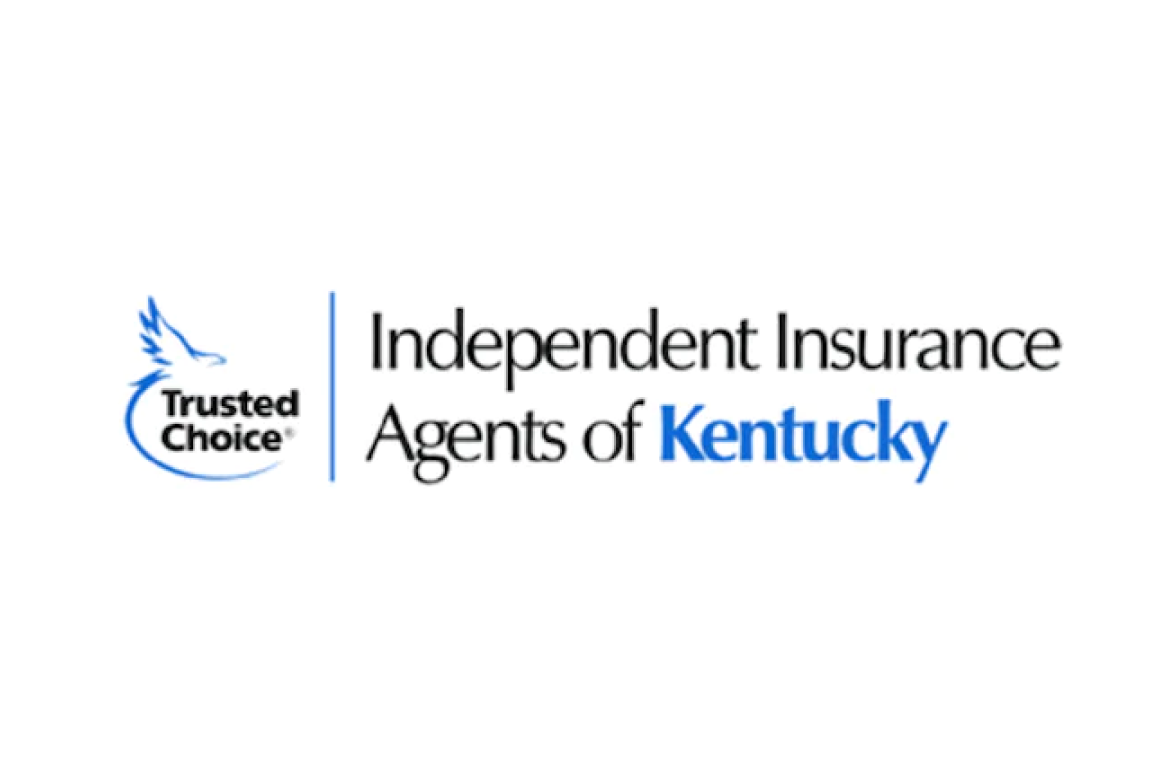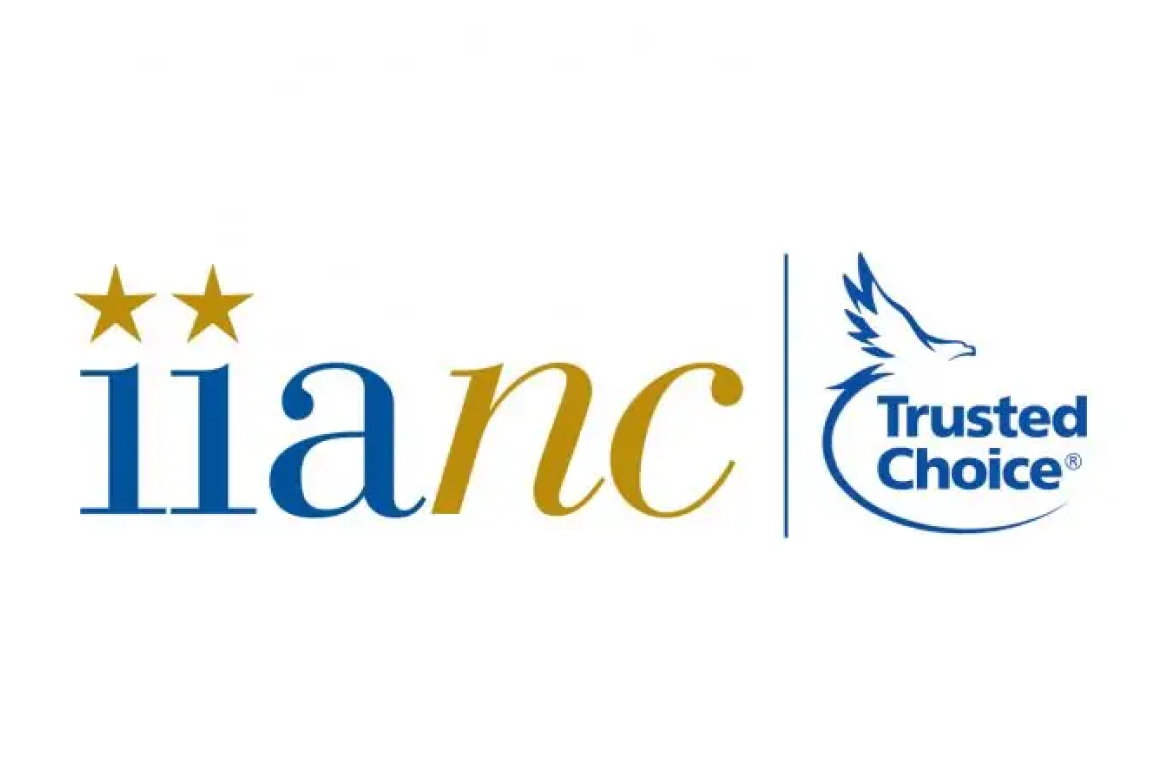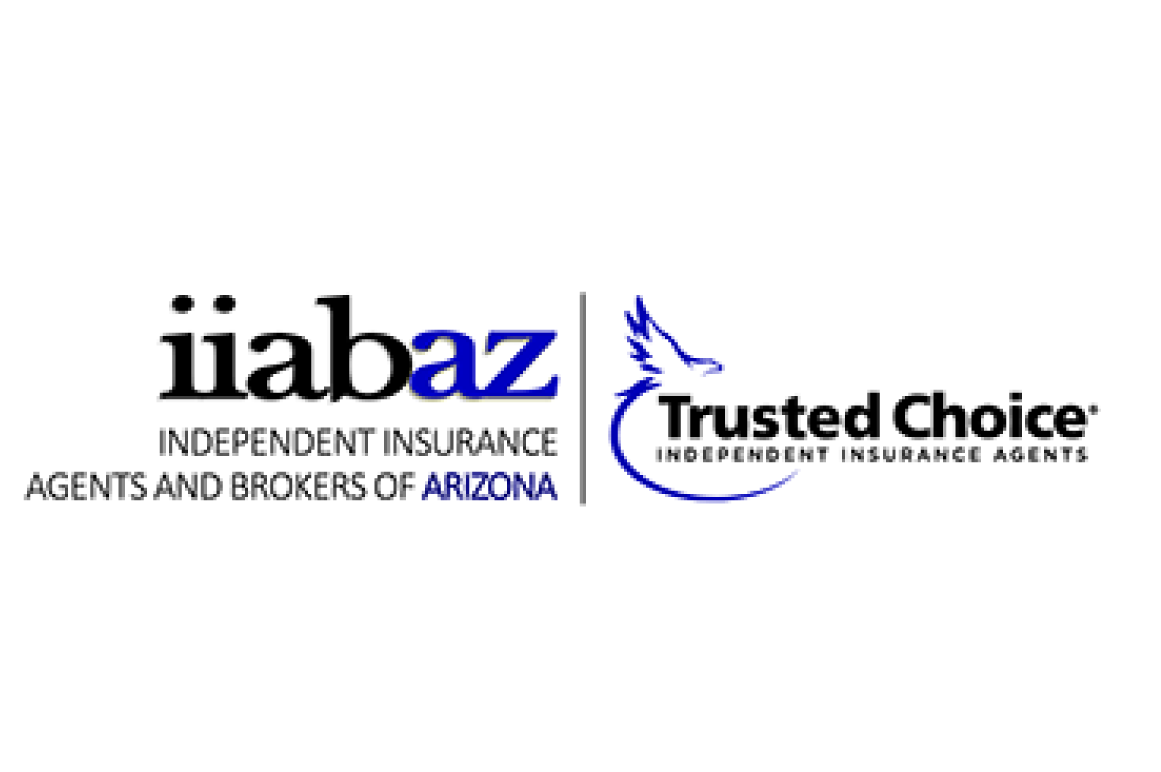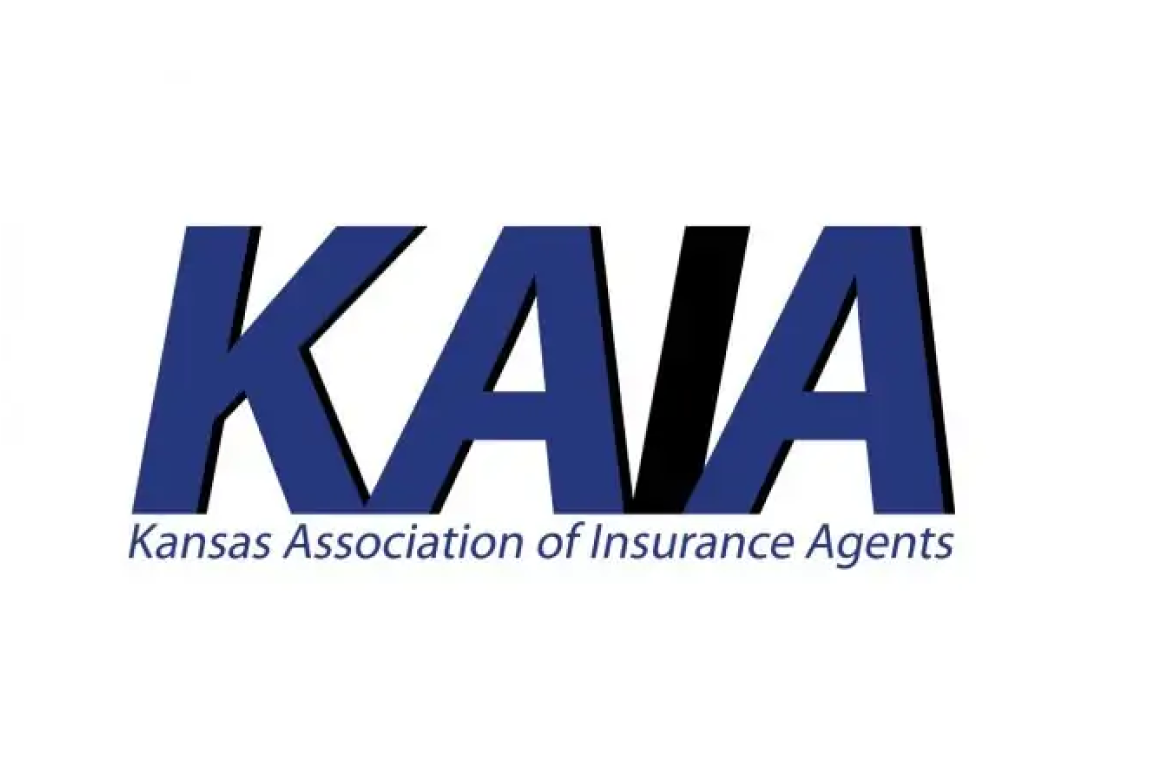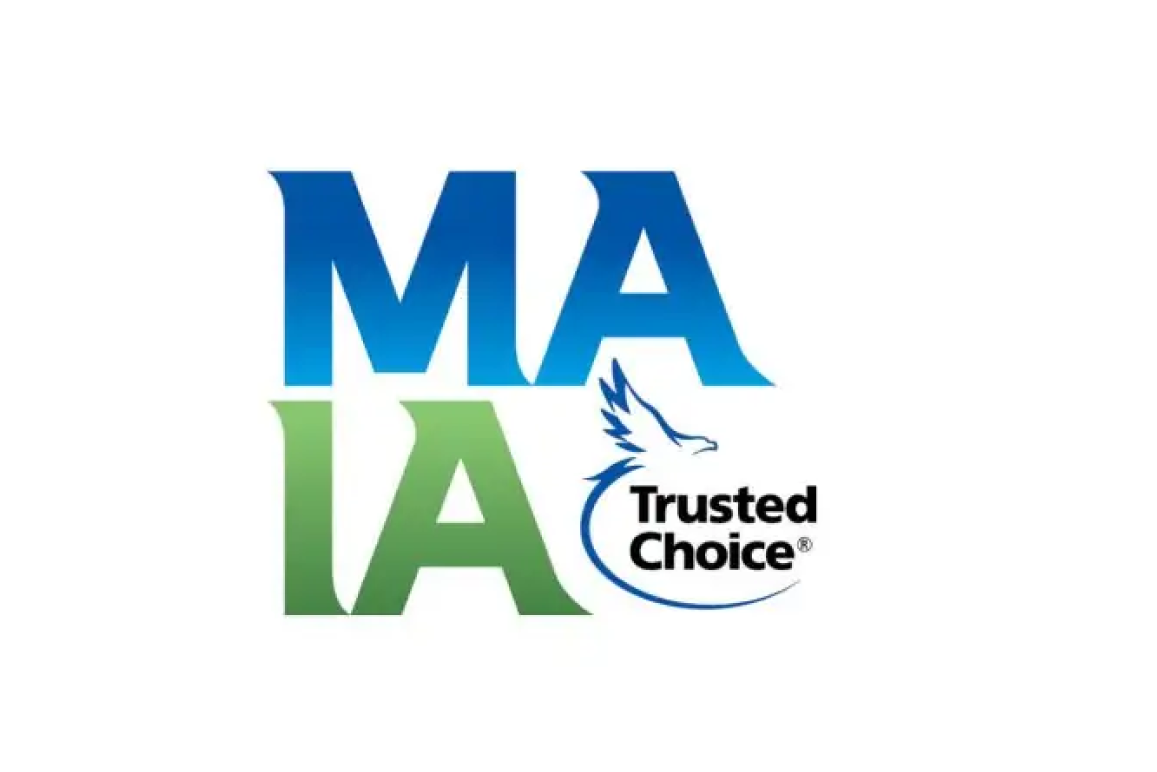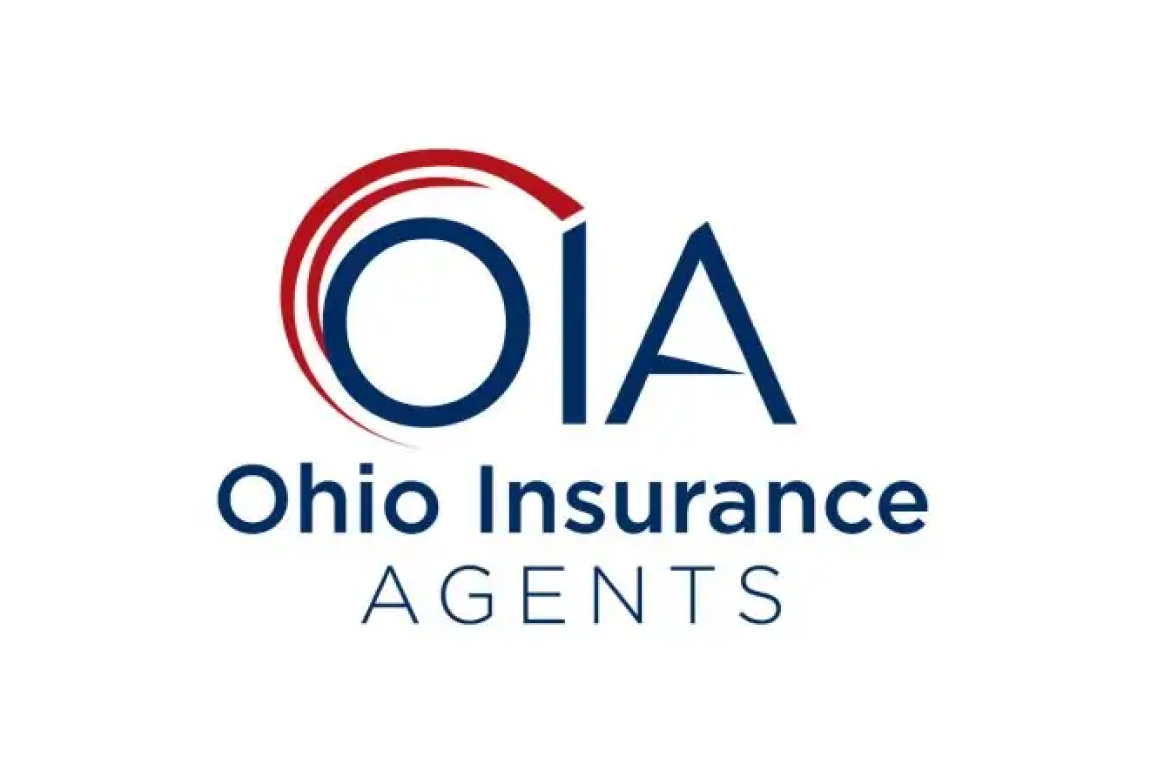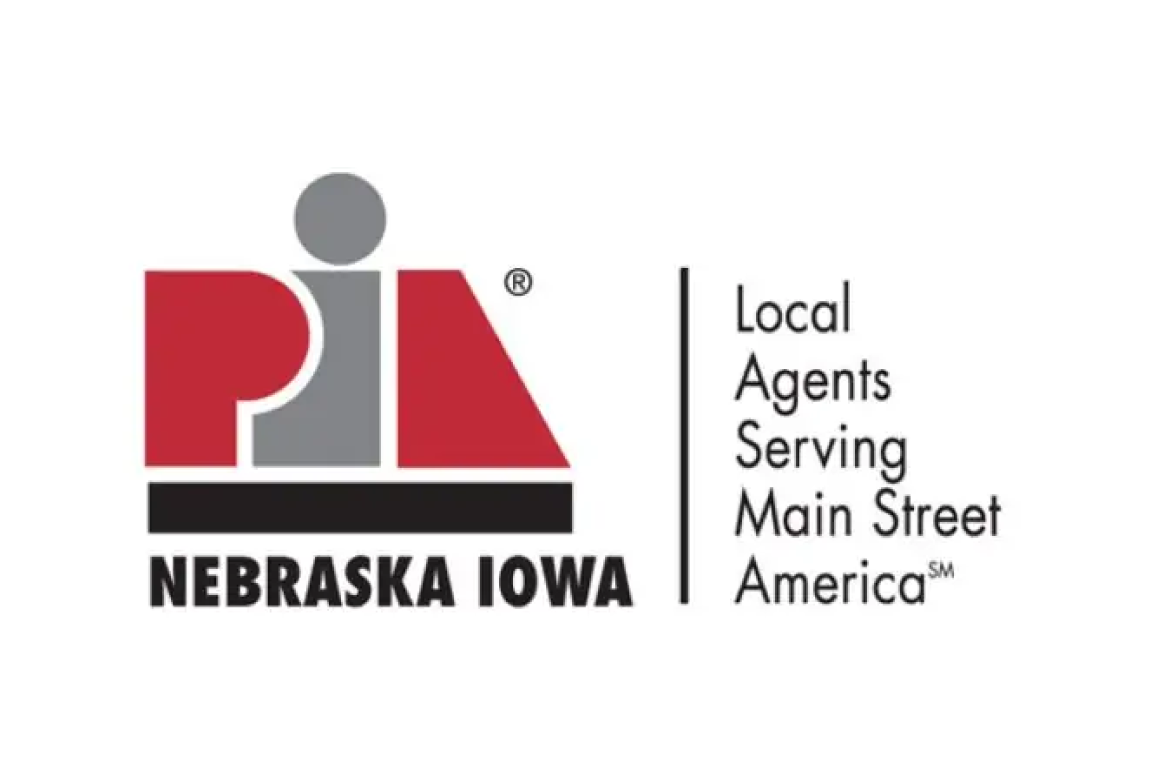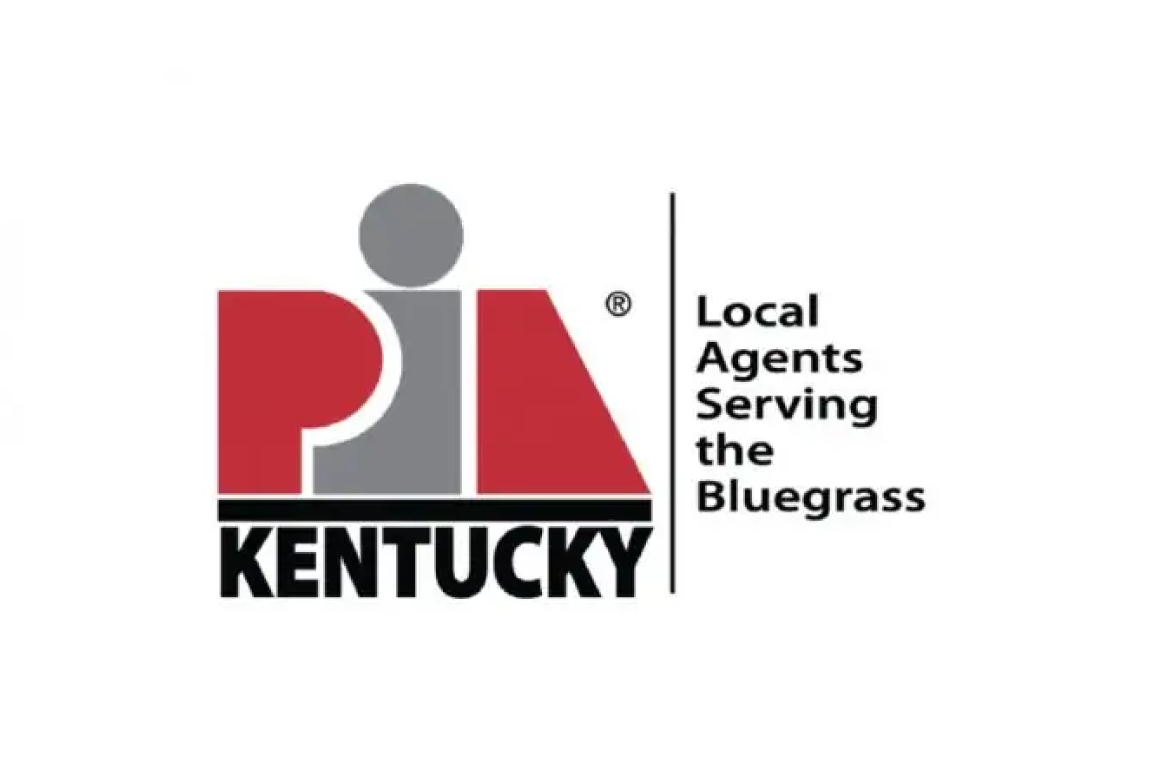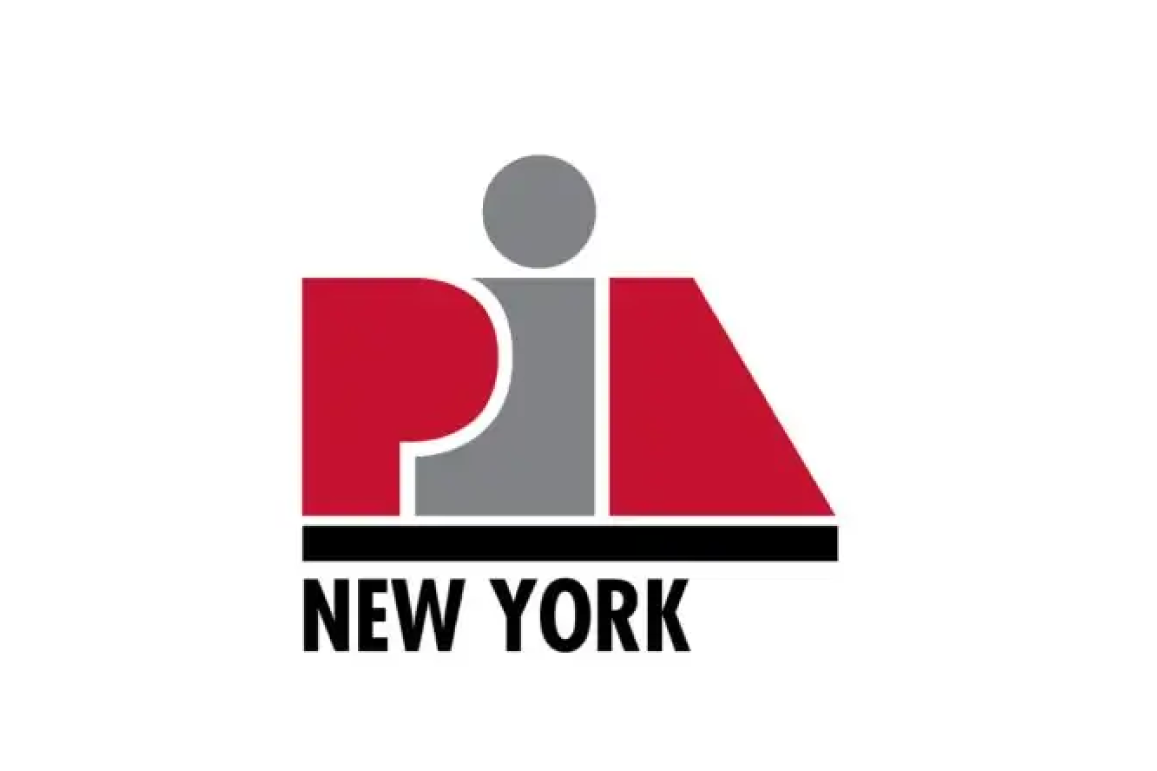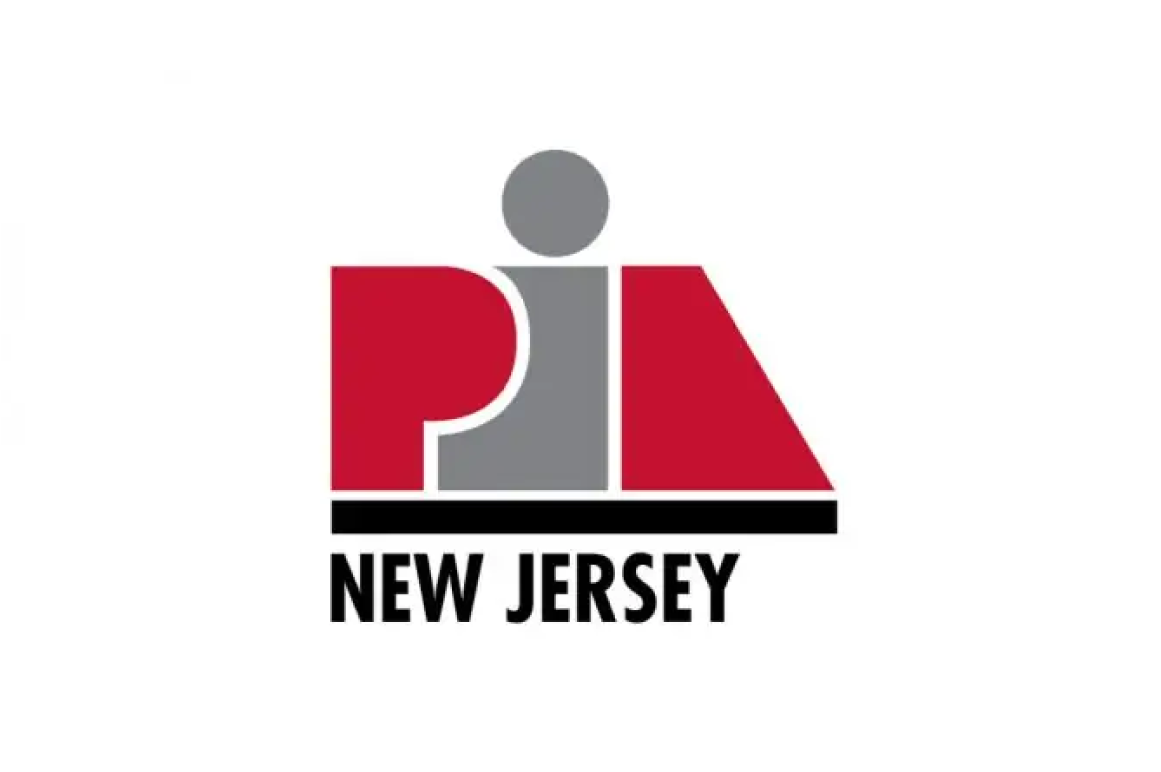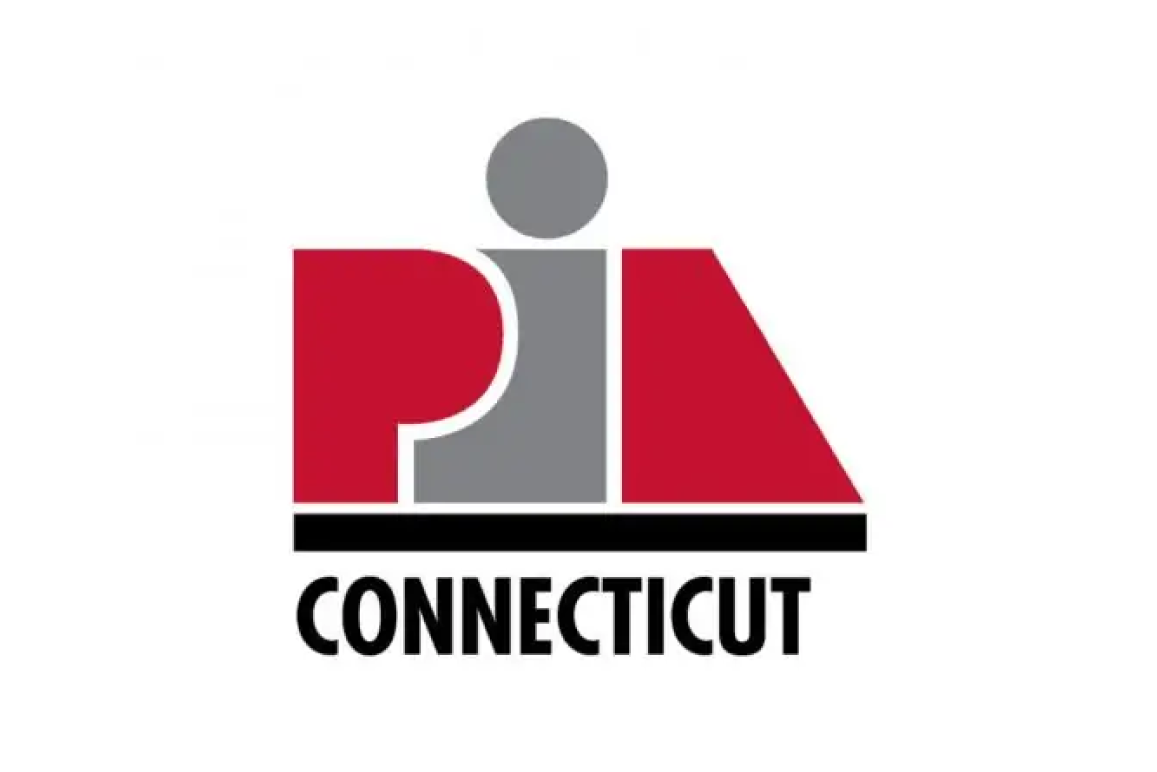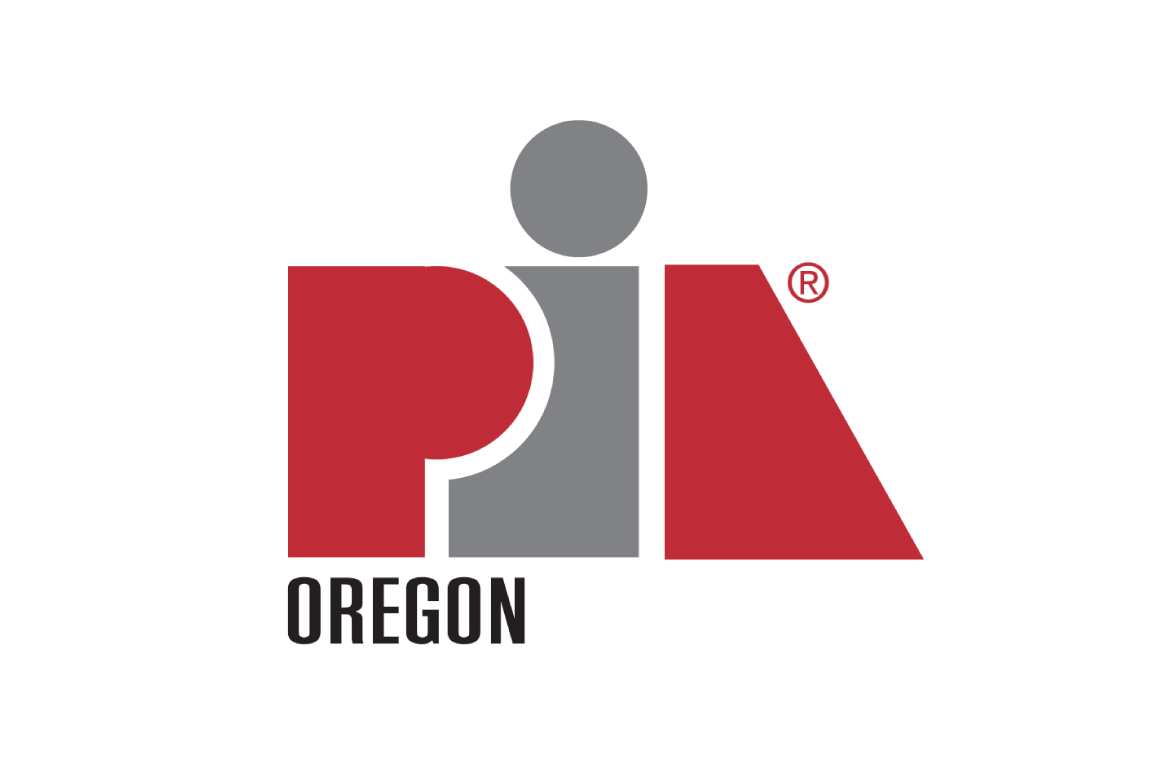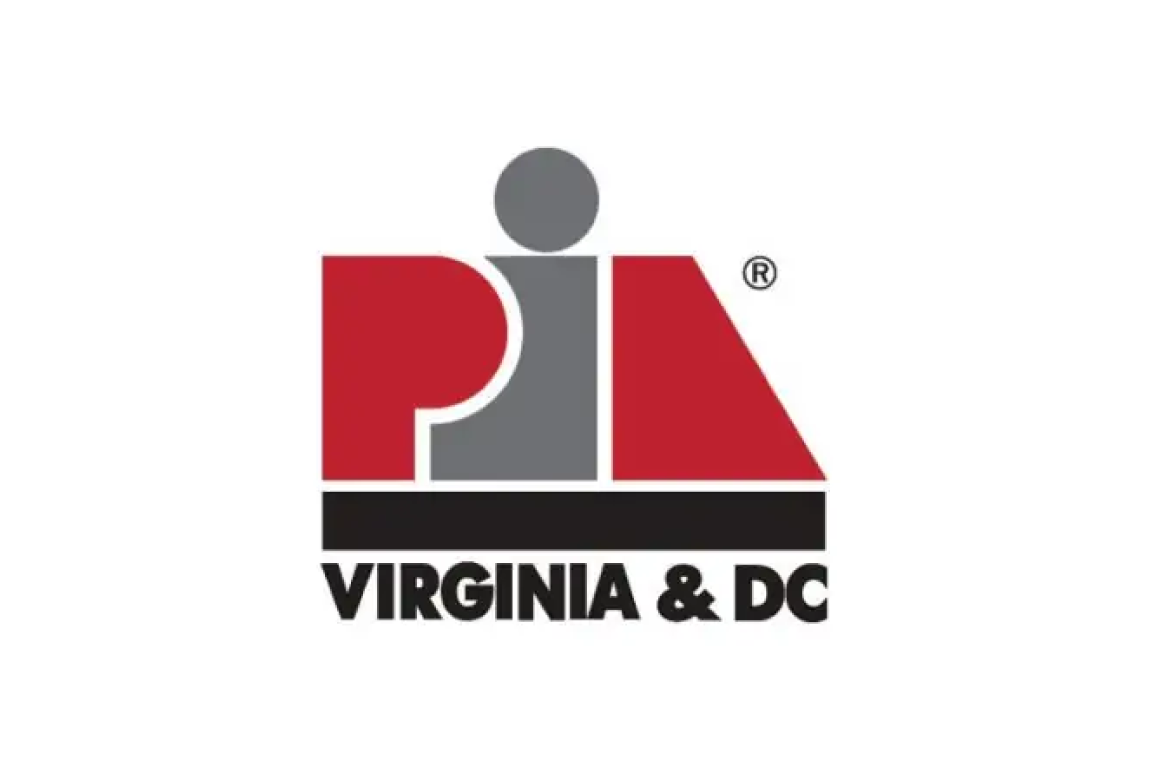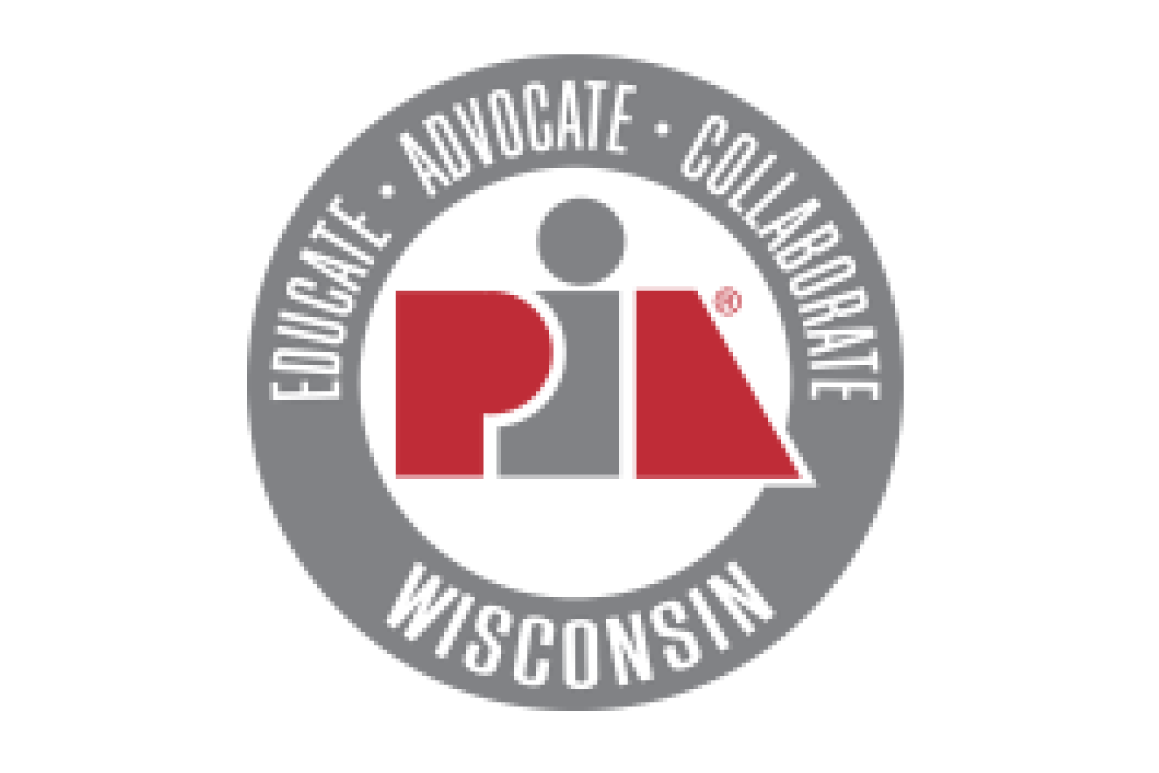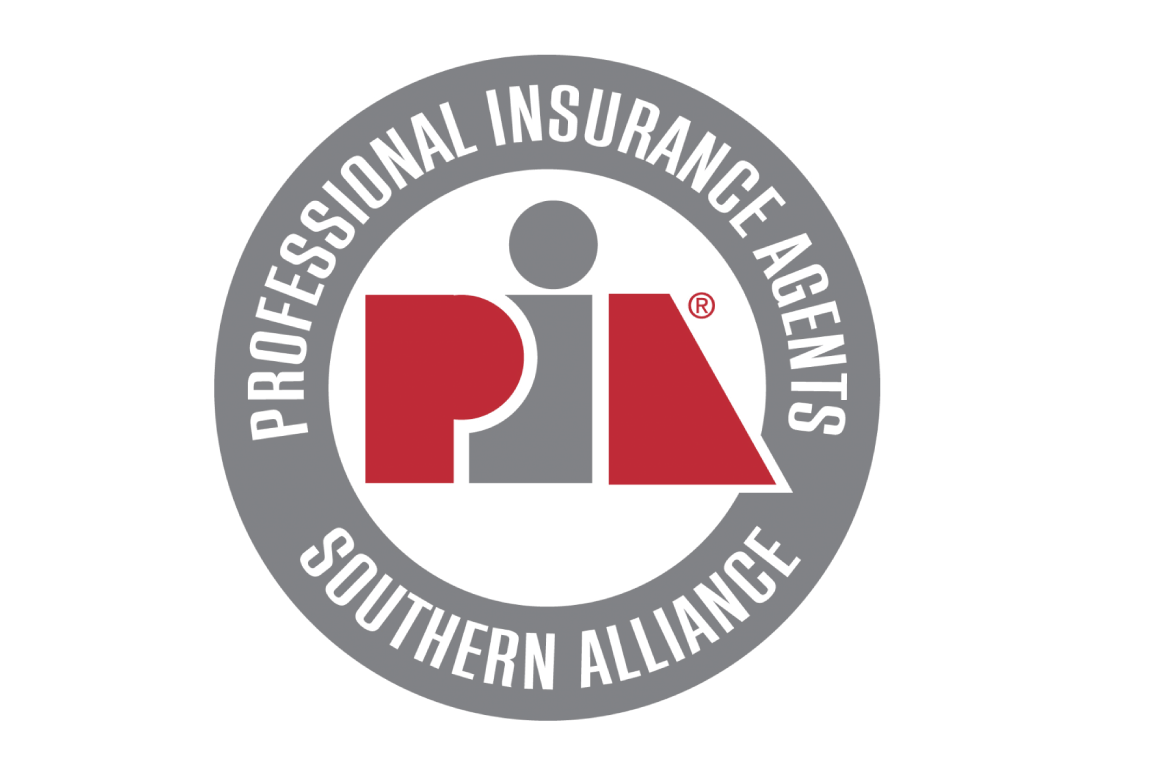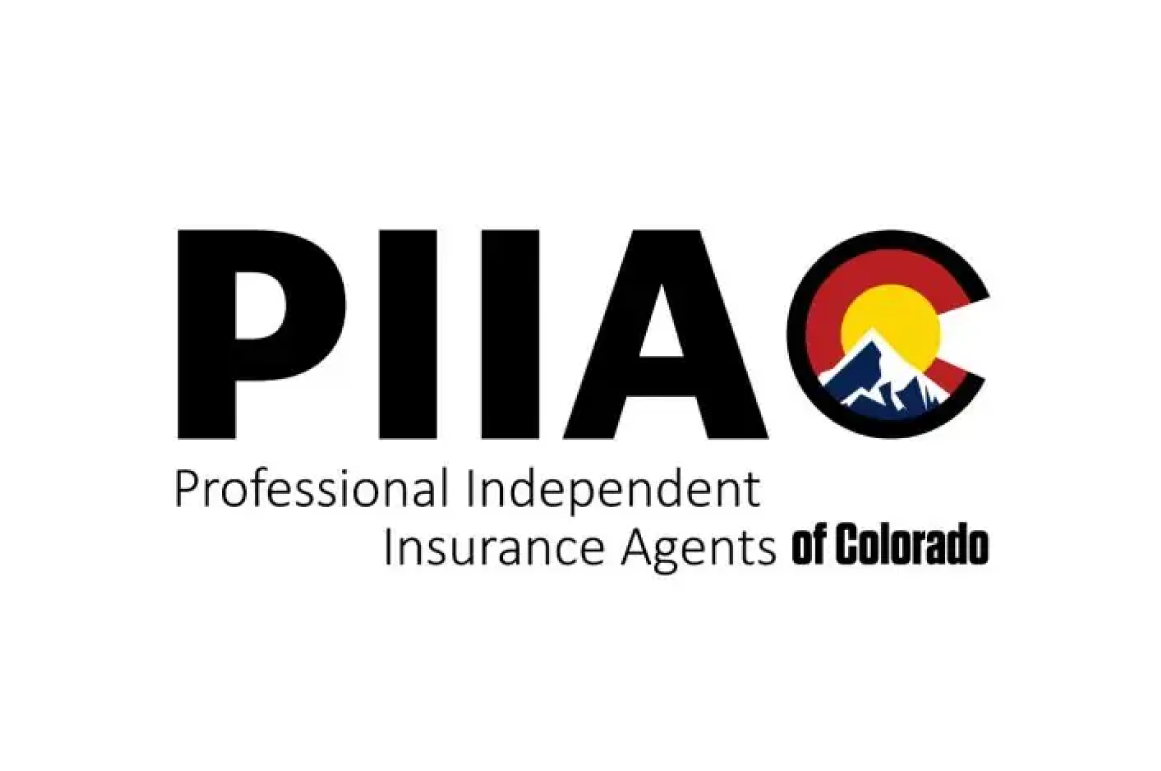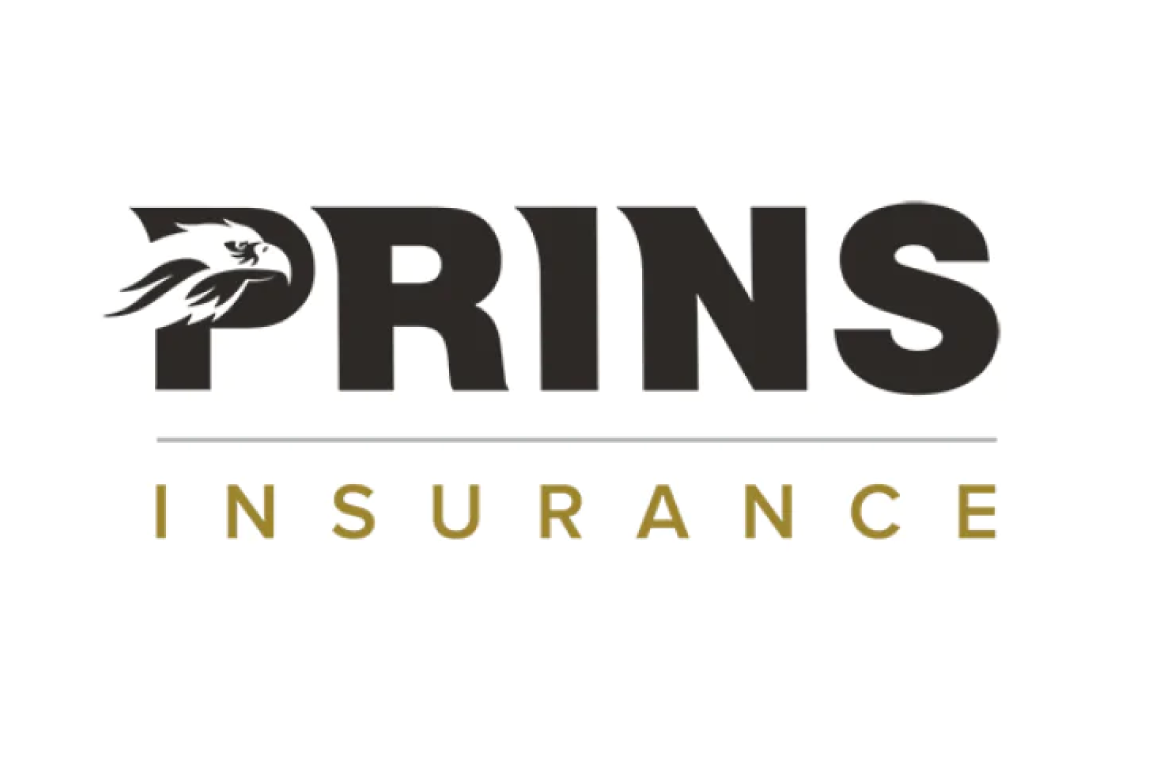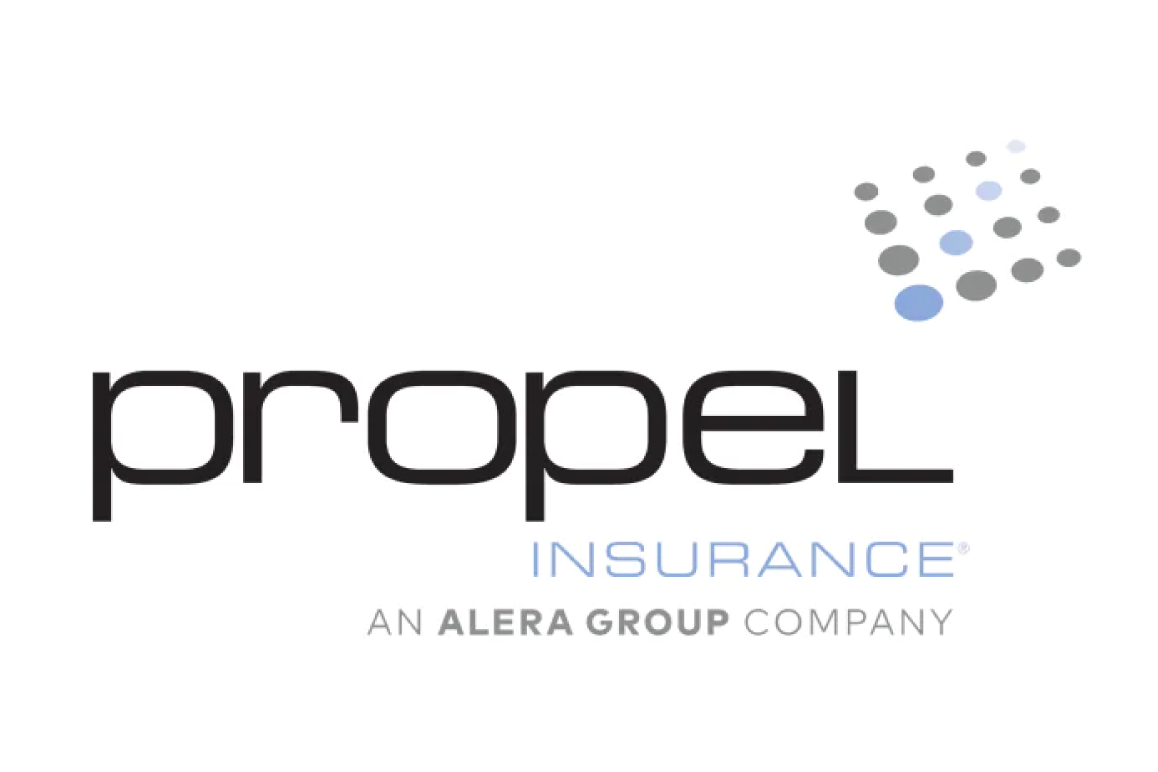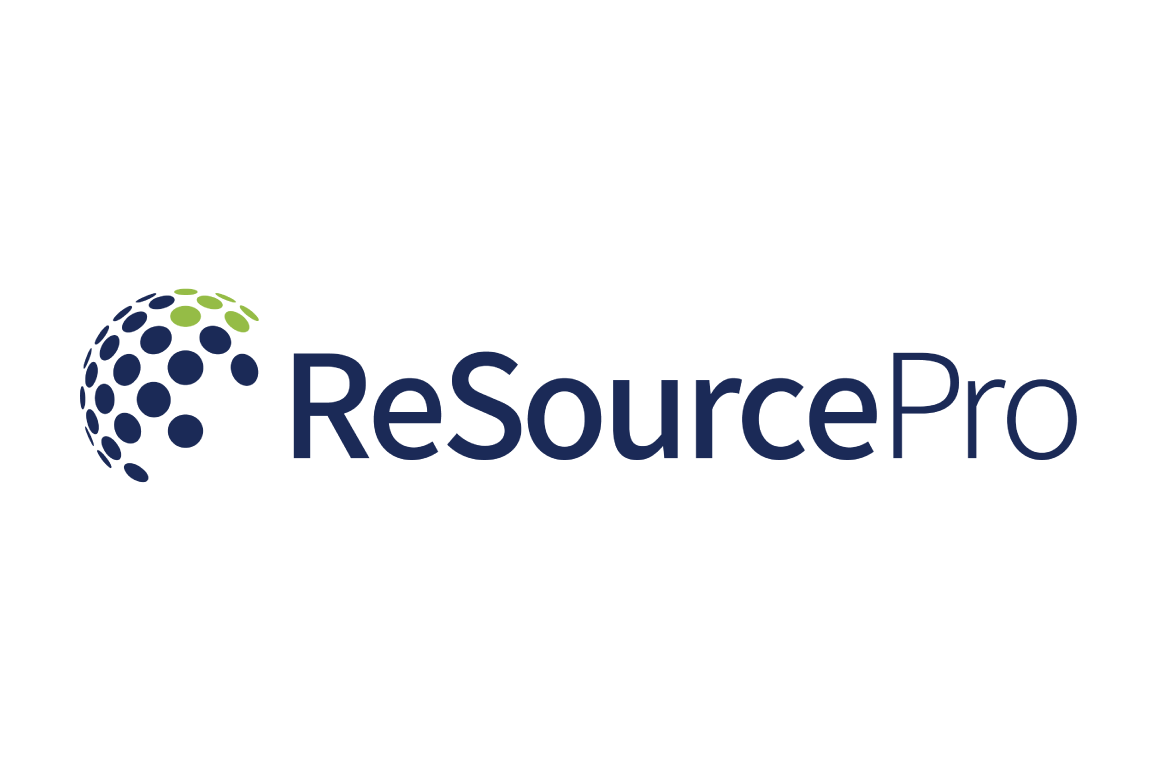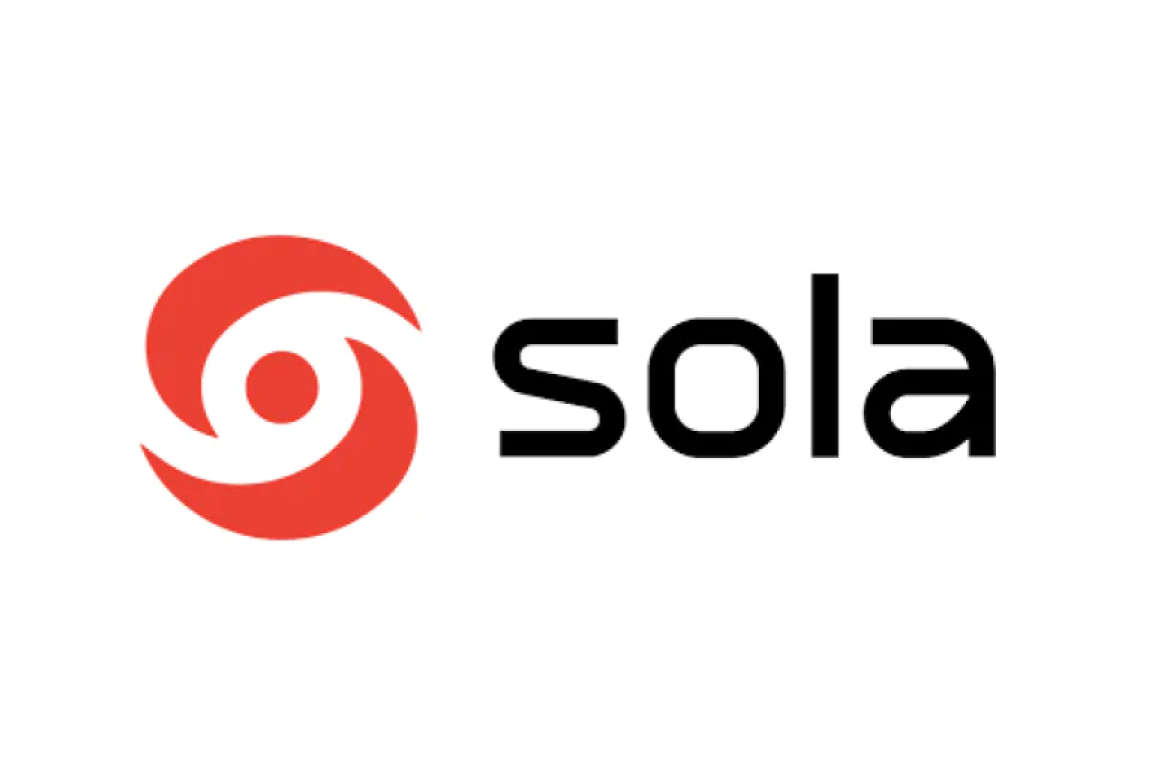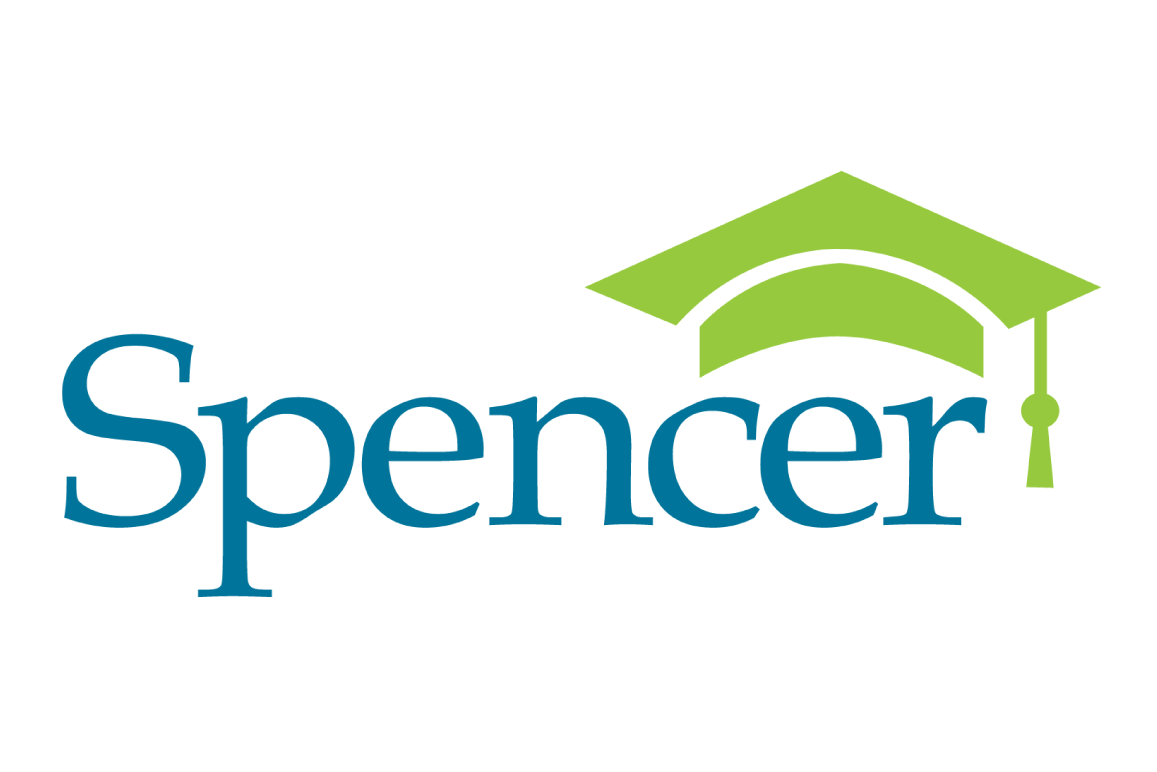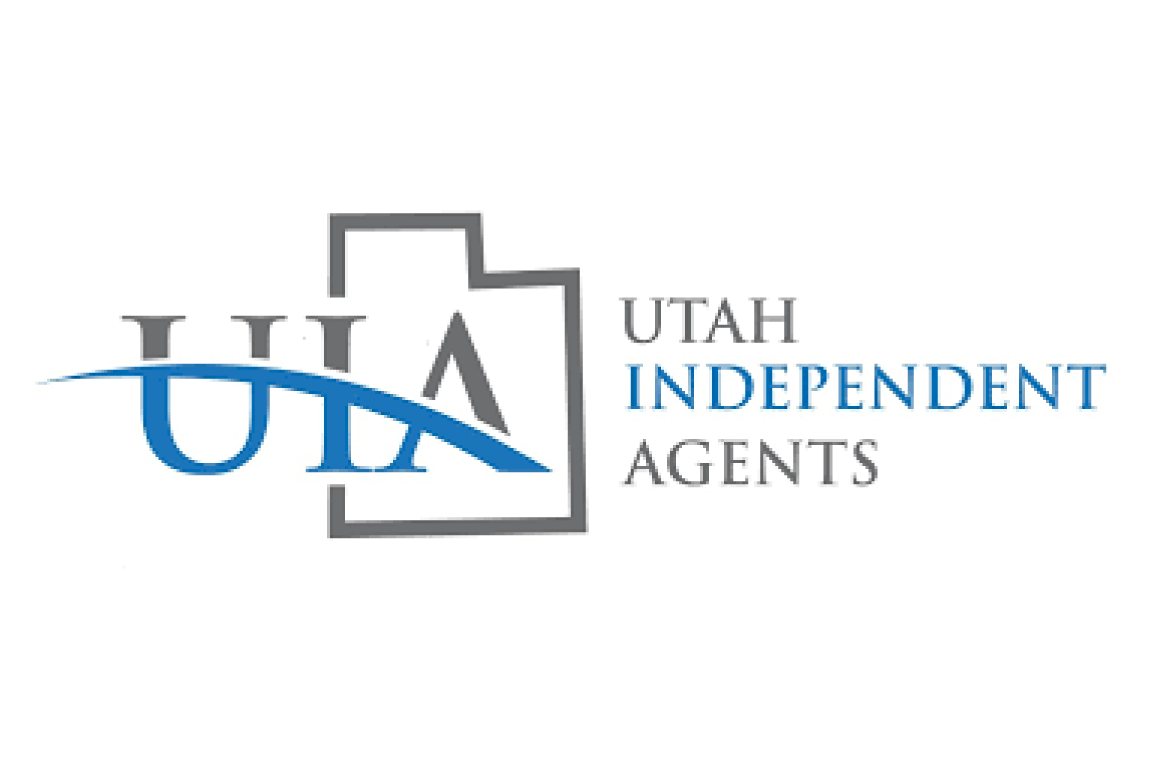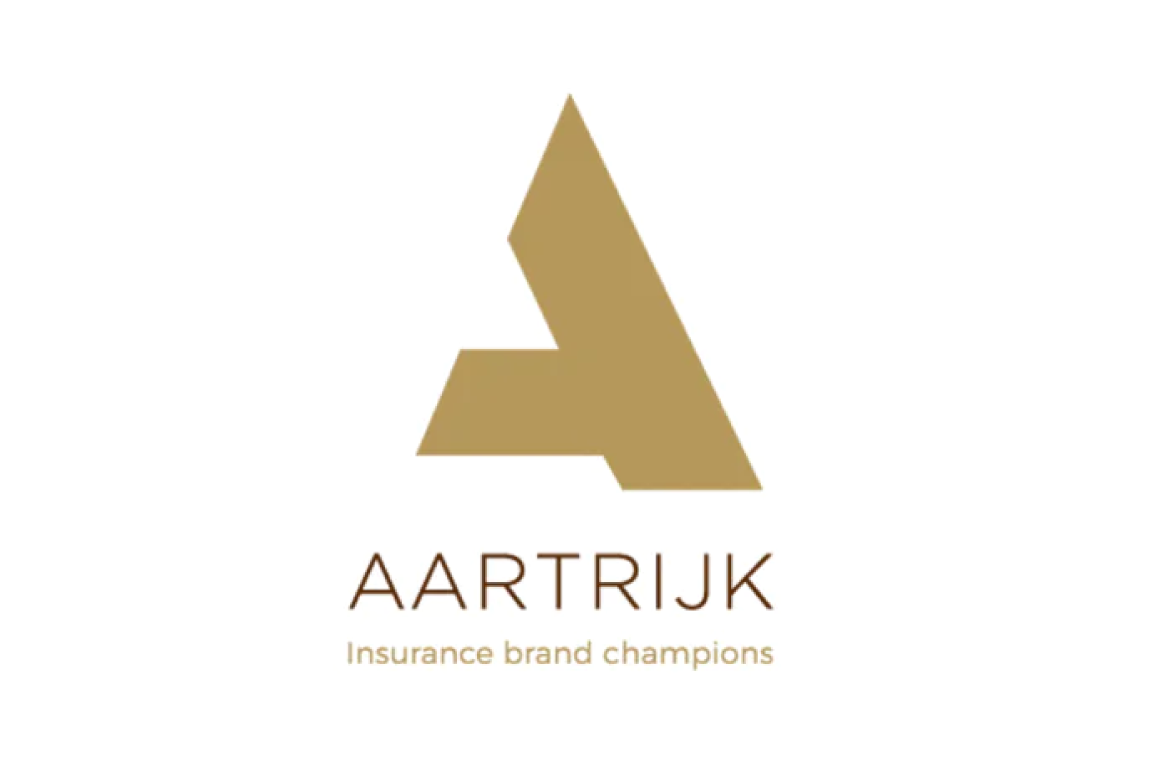Few would dispute that life brings challenges to all of us. People confront and sometimes struggle with those challenges in different ways.
For those who struggle with physical and mental health conditions, emerging technological trends may be part of a larger solution. Because data show that the quantity and quality of social relationships affect mental and physical health,1 an effective solution must include a sophisticated companionship network. In today’s tech-driven world, the term, “connectivity,” describes the interconnectedness of computer platforms, systems, and apps. Improved connectivity leads to improved performance and results. Humans require interconnectedness, too, regardless of their age or specific mental or physical challenges. One way to provide that interconnectivity is through mobile apps.
Connection and Accountability
The mobile app, WEconnect Recovery, relies on a very human approach to helping individuals
find solutions to very human challenges. At the Entrepreneurial Insurance Symposium (EIS)* held in September 2018 in Dallas, Texas, WEconnect cofounders, Daniela Tudor and Murphy Jensen, spoke passionately about their life-changing software. The WEconnect Recovery (weconnectrecovery.com) app monitors, analyzes, and reports data to improve patient outcomes. It also provides real-time, any-place connections and support for individuals recovering from drug and alcohol addiction. The initial data indicate that the WEconnect app helps reduce relapse rates,2increases treatment efficacy, and enables program providers to maintain JCAHO (jointcommission.org) Certification—the app is also HIPAA compliant.
A former French Open Champion, Murphy Jensen, is the head coach of the Washington Kastles of World TeamTennis, as well as WEconnect’s Executive VP of Corporate Development. As an experienced coach for tennis superstars such as Venus and Serena Williams and Martina Hingis, Jensen understands the influence of motivation upon recovery. He faced and won his own battle with drug and alcohol addiction, a struggle that led to his awareness of the importance of having a good support network. By offering moment-by-moment assistance for its users, WEconnect goes beyond recommending appropriate care. It links users to a 24/7 support system.
Daniela Tudor, Chief Executive Officer of WEconnect, knows intimately that recovery is not a solitary endeavor. Her drug and alcohol addiction took her to the edge of disaster. With no money, no car, and no job, she spent a brief time in jail after missing a mandated court date. Rattled by the experience, Tudor sought help. At the commencement of an inpatient rehabilitation program, she learned that as many as 60% of patients relapse.3 While undergoing treatment, Tudor had an epiphany—successful recovery is about community.
Tudor says, “I realized the reasons people relapse are a lack of accountability and a lack of connection to their community.” She committed herself to creating an app that could serve as both a companion and a soft intervention for those with addictive behaviors, resulting in measurable and positive outcomes. Tudor’s WEconnect mobile app encourages its users to account for their daily activities, monitor their own medical needs, consider health options, and connect easily with sponsors, programs, health workers, and friends.
Kindness and Inclusion
An analysis of numerous studies4 reveals data related to the rate of bullying among school-aged children occurring nationwide. Bullying behaviors, some of which are categorized as criminal, can lead to mental health problems, educational disruptions, and potential crises that have safety implications for youth, schools, and communities at large. The market for downloadable apps is burgeoning with apps addressing bullying, isolation at school, and curbing harassment via social media. Many of these apps have been designed and coded by teenagers who, like Daniela Tudor, were inspired by first-hand experience to create tools that could help others cope with or recover from the harmful and even life-threatening consequences of bullying.
One such mobile app is called Sit With Us (sitwithus.io), created by Natalie Hampton of Sherman Oaks, California, to fight bullying and promote kindness and inclusion in middle and high schools. Hampton designed the app at the age of sixteen, having experienced the isolation of sitting by herself during lunch for a whole school year.
Research shows that students are particularly vulnerable to bullying and being marginalized at school—between classes and especially at lunchtime.5 Hampton’s app remedies the problem by connecting students who have difficulty locating lunch companions. Sit With Us student volunteers agree to be “ambassadors of kindness,” each taking a pledge to invite students to join them for open lunch events. Students in need of lunch companions, or buddies, can log in to find welcoming students’ lunchroom tables.
Alerts and Action Tools
For Amanda Southworth of Los Angeles, California, bullying began in elementary school and continued through her high school years. She retreated socially, becoming deeply introverted and focused on her music and a fascination with coding. Bullying affected Southworth’s mental health, leading her to question her self-worth and to contemplate suicide. Fortunately, rather than succumb to the negativity that threatened to crush her, the teenager put her programming talents to positive use, creating her first app, AnxietyHelper, in 2015.
AnxietyHelper is a mental health toolkit designed to help users ages twelve and above make connections to resources, find information on mental health conditions, and use action tools to cope with depression, panic attacks, and to relieve general anxiety. Now at age sixteen, Southworth has launched Verena, an app for the LGBTQ+ community and other disenfranchised groups to connect users to support resources and to enable them to send alerts when they are at risk of abuse, harassment, or bullying.
The Bottom Line
What makes these pioneering companion apps, whether they address addiction, mental and physical health, or bullying and harassment, important to the insurance and risk management industry? How does socially targeted technology relate ultimately to risk and liability? Some of the current apps-with-a-conscience come with data supporting their claims. They reduce medical costs, improve patient outcomes, track and record specific incidents, and diminish the likelihood of suicide and abuse. They also offer potential for abating the number of mental health related crises that impact community and school safety. They are, in other words, tools that the insurance and risk management industry can use to prevent and mitigate suffering and loss.
1Debra Umberson and Jennifer Karas Montez, August 4, 2011, National Center for Biotechnology Information, U.S. Library of Medicine, HHS Public Access, https://www.ncbi.nlm.nih.gov/pmc/articles/PMC3150158/.
2PR Newswire, March 30, 2017, Press Release, Map Health Management Announces Partnership with WEconnect to Mitigate Post-Treatment Relapse Risk in People with Addiction, https://thisismap.com/insights/press-releases/weconnect-partnership.
3Drugs, Brains, and Behavior: The Science of Addiction, July 2018, https://www.drugabuse.gov/publications/drugs-brains-behavior-science-addiction/treatment-recovery.
4https://www.pacer.org/bullying/resources/stats.asp.
5https://nccd.cdc.gov/YouthOnline/App/Results.aspx?LID=XX.
* The National Alliance is a supporting partner of the Entrepreneurial Insurance Symposium.
